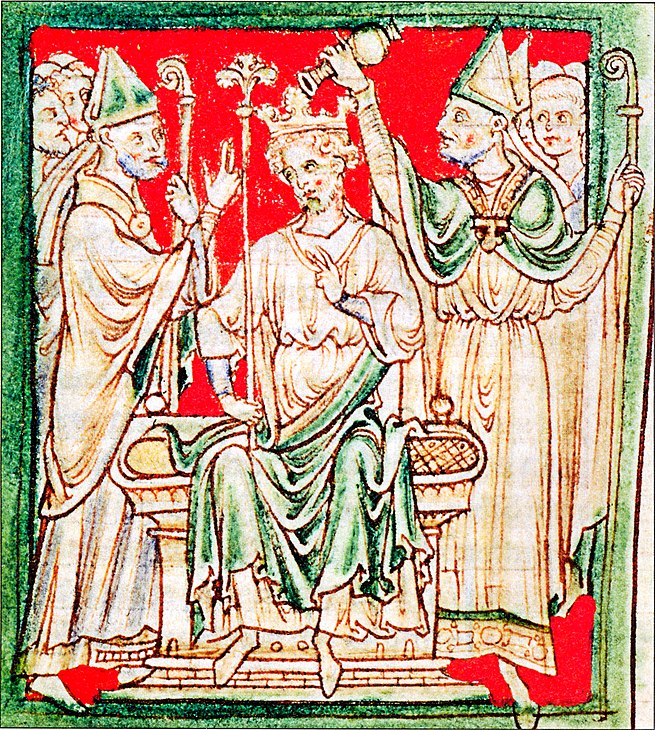Main Difference
The main difference between Monarchy and Autocracy is that the Monarchy is a system of government where the head of state position is inherited within family and Autocracy is a system of government.
-
Monarchy
A monarchy is a form of government in which a group, generally a family representing a dynasty (aristocracy), embodies the country’s national identity and its head, the monarch, exercises the role of sovereignty. The actual power of the monarch may vary from purely symbolic (crowned republic), to partial and restricted (constitutional monarchy), to completely autocratic (absolute monarchy). Traditionally the monarch’s post is inherited and lasts until death or abdication. In contrast, elective monarchies require the monarch to be elected. Both types have further variations as there are widely divergent structures and traditions defining monarchy. For example, in some elected monarchies only pedigrees are taken into account for eligibility of the next ruler, whereas many hereditary monarchies impose requirements regarding the religion, age, gender, mental capacity, etc. Occasionally this might create a situation of rival claimants whose legitimacy is subject to effective election. There have been cases where the term of a monarch’s reign is either fixed in years or continues until certain goals are achieved: an invasion being repulsed, for instance.
Monarchic rule was the most common form of government until the 19th century. It is now usually a constitutional monarchy, in which the monarch retains a unique legal and ceremonial role, but exercises limited or no official political power: under the written or unwritten constitution, others have governing authority. Currently, 45 sovereign nations in the world have monarchs acting as heads of state, 16 of which are Commonwealth realms that recognise Queen Elizabeth II as their head of state. Most modern European monarchies are constitutional and hereditary with a largely ceremonial role, with the exception of the Vatican which is an elective theocracy and the Principalities of Liechtenstein and Monaco where the monarchs exercise unrestricted authority. The monarchies of Cambodia and Malaysia are constitutional with a largely ceremonial role, despite possessing significantly more social and legal clout than their European counterparts. The monarchs of Brunei, Morocco, Oman, Qatar, Saudi Arabia and Swaziland have more political influence than any other single source of authority in their nations, either by tradition or a constitutional mandate.
-
Autocracy
An autocracy is a system of government in which supreme power (social and political) is concentrated in the hands of one person, whose decisions are subject to neither external legal restraints nor regularized mechanisms of popular control (except perhaps for the implicit threat of a coup d’état or mass insurrection). Absolute monarchy (such as Saudi Arabia, the United Arab Emirates, Oman, Brunei and Swaziland) and dictatorships (such as North Korea) are the main modern-day forms of autocracy.
In earlier times, the term “autocrat” was coined as a favorable feature of the ruler, having some connection to the concept of “lack of conflicts of interests” as well as an indication of grandeur and power. The Russian Tsar for example was styled, “Autocrat of all the Russias”, as late as the early 20th century.
-
Monarchy (noun)
A government in which sovereignty is embodied within a single, today usually hereditary head of state (whether as a figurehead or as a powerful ruler).
-
Monarchy (noun)
The territory ruled over by a monarch; a kingdom.
-
Monarchy (noun)
A form of government where sovereignty is embodied by a single ruler in a state and his high aristocracy representing their separate divided lands within the state and their low aristocracy representing their separate divided fiefs.
-
Autocracy (noun)
A form of government in which unlimited power is held by a single individual.
-
Autocracy (noun)
An instance of this government.

